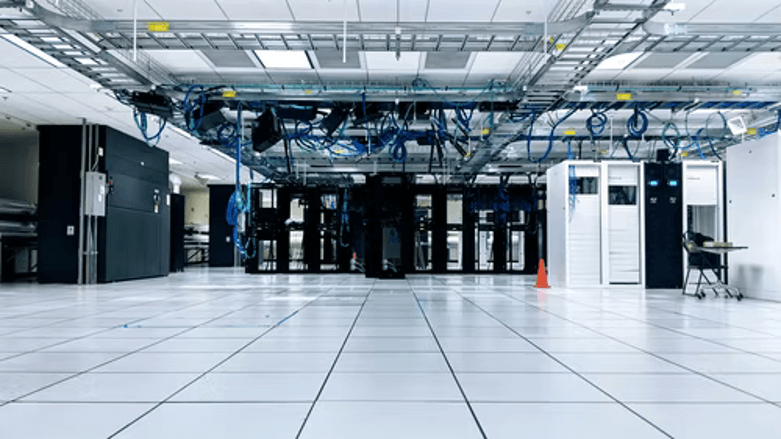Servers are an integral part of every business operating in this epoch of technology. They collect, store, and process large piles of critical data every day. Hence, it is paramount to monitor, maintain, and update them constantly to ensure a company’s servers function at optimal capacity — This is when best server management practices come into play!
Server management refers to server monitoring and sustenance. It is to guarantee that the servers continue to accommodate the needs of an organization as it evolves. Hence, a server management strategy is essential to subside any potential data threat and keep your business running smoothly 24/7.
This article will explain the 5 best practices to efficiently manage your data servers and reduce server downtime like never before. Let’s hop in!
1. Monitor Your Drivers
Drivers act as a link between the operating system, software programs, and other system components. Hence, it’s vital to constantly sterilize your drivers thoroughly. This rule especially applies to your data drivers that have gotten long in the tooth. Old drivers can cause compatibility issues for your server, so it is essential to plan upgrades regularly. You should screen any potential threat to your system through server monitoring tools. This will allow your organization to find a solution before any deterioration occurs.
2. Backups Are Your Best Buddies!
Data loss can be devastating to any organization, making it imperative to be proactive and take regular backups. Your server’s power supply also needs a backup to prevent data loss during a power outage. Various tools allow swift backups and recoveries and monitor backup status to avoid potential data loss. You can store your data backups in a local or cloud server. A robust backup strategy ensures uninterrupted business steer clear of any possible catastrophes.
3. Guard Your Severs With Antivirus Software
Every business needs to install up-to-date antivirus software to maintain a secure data network. The end-users typically have multiple security solutions, and running them simultaneously may lead to errors and conflicts. Hence, proper server management is needed to ensure these security solutions work without interfering. By doing so, you will certify that your servers are unassailable.
4. Maintain Your Documents
Documentation is one of the most pivotal practices for server management, which is often overlooked. Maintaining your documents assists you in keeping a detailed record of past server issues and the solutions used to overcome them. This small act saves your precious time and resources, as you can refer to those documents if a similar problem arises.
5. Patch Management and Firmware Updates
Servers are vulnerable to malware. So, network admins need to protect your server by creating an effective security plan. Ensure regular application of security updates to protect your system from known susceptibilities. so, not updating your security solutions can create security voids in your IT environment. A well-communicated and updated policy will help you in avoiding these problems.
Conclusion: Managed Servers For Minimum Server Downtime!
In conclusion, server management is indispensable in ensuring smooth business operations and productivity. Adequate server management enables you to operate your business with minimal downtime. However, several businesses do not have the capacity or resources to maintain and monitor their servers. If you’re one of them, or maybe you want to outsource the legwork, Coloco is your best bet!
Coloco is a professional in the field that takes care of all your colocation and data management needs. Offering managed servers for data-driven organizations, Coloco is a one-stop solution to cater to all your needs.



